

For 24/7 local treatment options, please call
800-539-4228
To talk with someone who has been there, please call
386-777-PEER
(7337)
Opioids are highly addictive, and they change how the brain works. Anyone can become addicted, even when opioids are prescribed by a doctor and taken as directed. In fact, millions of people in the United States suffer from opioid addiction.
A major warning sign of addiction is if a person keeps using opioids even though taking them has caused problems—like trouble keeping a job, relationship turmoil, or run-ins with law enforcement.
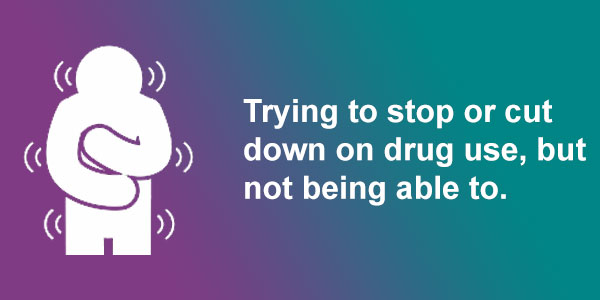
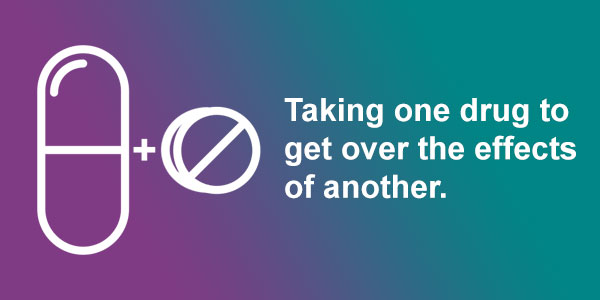
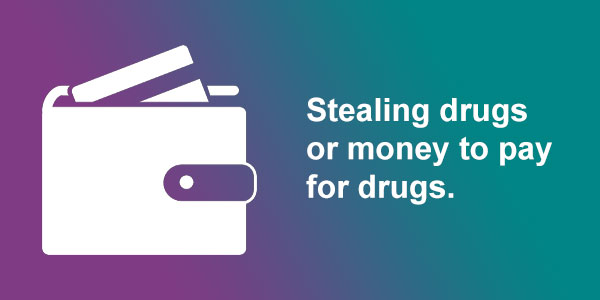
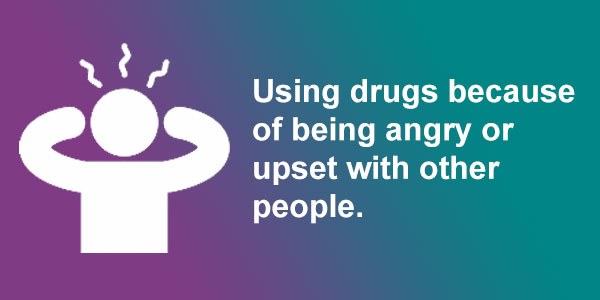
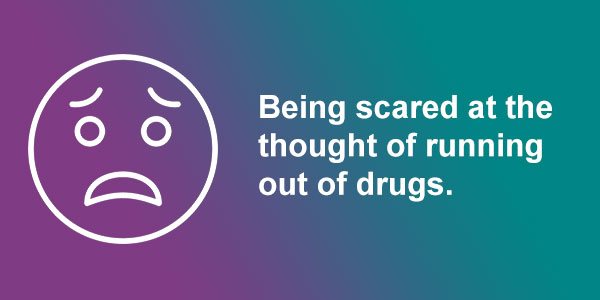
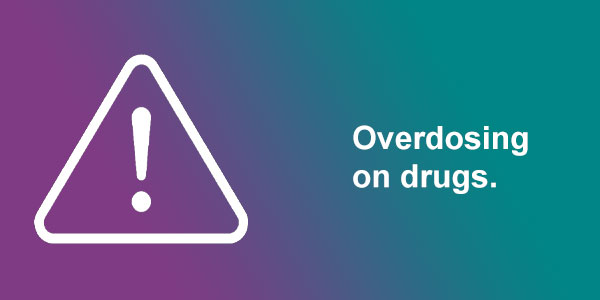
Recovery does not happen overnight. Asking for help from family, friends, co-workers, and others can make a big difference. Tell them your reasons for quitting and ask them to check in with you about how things are going. If you know or suspect someone is struggling, ask if you can help.
Treatment can help people get their lives back before it is too late. No single treatment method is right for everyone, but research shows that combining behavioral therapy with medication is the most effective approach for overcoming opioid addiction.
Addiction is a disease that for many involves long-term follow-up and repeated care to be effective and prevent relapse. When people make a recovery plan that includes medication for opioid use disorder, their chances of success increase. Medications can help normalize brain chemistry, relieve cravings, and in some cases prevent withdrawal symptoms.